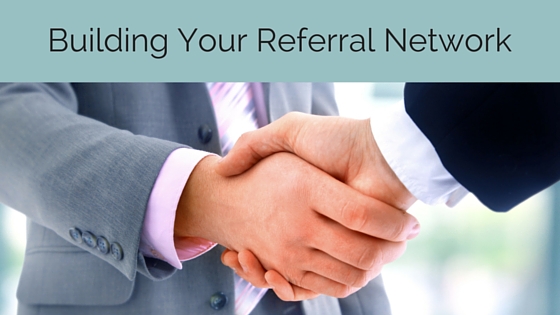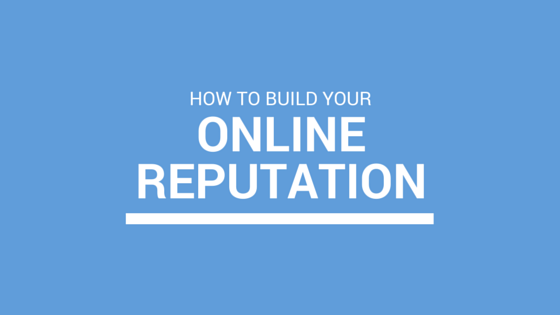
Any real estate agent knows their business is based on referrals. Success is built on relationships – and our ability to make lasting ones is what creates a steady stream of referrals from past clients, business partners and our network of professional contacts.
But how do you actually measure the power of your sphere of influence?
One of the most recognized metrics is the Net Promoter Score developed by Satmetrix and published in Harvard Business Review in 2004. Simply put – a company’s Net Promoter score sets out to measure how likely its clients are to refer them, and uses this score to determine future success. While customer feedback surveys can be lengthy and cumbersome, the Net Promoter Score only asks one question:
How likely are you to recommend me to your friends & colleagues?
Simple, easy to understand, and extremely powerful. Clients are asked to answer the question using a 0 -10 rating scale, with 10 being extremely likely to recommend and 0 being not likely to recommend. Everyone answering between 0-6 is classified as a Detractor, 7-8s are Passives, and 9-10s are Promoters.
Detractors are people that are unhappy with your business. Not only will they be unlikely to return or send you referrals, but they can also harm your reputation by writing bad reviews on Zillow or Yelp.
While Passives are happy with the service you provide – they’re unlikely to promote you or send you referrals. They’d be willing to switch to one of your competitors, and while satisfied with you as a real estate agent – they aren’t overly loyal and they aren’t helping your business grow.
And finally – your Promoters. These are clients that rate you as a 9 or 10. They’re repeat clients, they tell others about how great you are, and they actively send referrals your way.
 Your Net Promoter score is the percentage of your clients that are Promoters minus the percentage of Detractors. So the number could range from -100 if all of your clients were Detractors to +100 if all of your clients answered 9 or 10.
Your Net Promoter score is the percentage of your clients that are Promoters minus the percentage of Detractors. So the number could range from -100 if all of your clients were Detractors to +100 if all of your clients answered 9 or 10.
What’s key here is that to grow your business – you need Promoters.
Imagine you have 2 clients: John & Jane. You helped John find his first home. He thought you did a great job, and loved that you found him the perfect bachelor pad with a great yard for entertaining. Then there’s Jane – a recent retiree looking to downsize. You help sell her family home at a price that gives her lots of flexibility for retirement.
John posts an album of his new home on Facebook – tagging you as his REALTOR® and thanking you for doing such an awesome job. Turns out he has a lot of friends who are also looking to buy their first home, and he refers them your way. While Jane felt you did a good job – she’s moving cities and quickly gets caught up in packing and finding her new home. She doesn’t bother leaving you an online review or sending any referrals – she knows there’s lots of great agents out there.
Moral of the story? John is a Promoter – he’s championing your business and helping you grow by sending referrals your way. While Jane was happy with your work as her seller’s agent, her value as a client was singular whereas John’s value snowballed with each referral he sent.
Whether or not you calculate your Net Promoter Score, it’s an important concept for understanding the power of referrals and how you create create your own self-perpetuating sales funnel. How do you ensure clients become your Promoters??

 Do you have a vendor network? A list of business professionals that you refer clients to and that send referrals your way?
Do you have a vendor network? A list of business professionals that you refer clients to and that send referrals your way?






